Like a Bridge Over (Sharon Shinn’s) Troubled Waters: A Review

Troubled Waters
By Sharon Shinn
Ace Hardcover [400 pages, October 5th, 2010, $24.95]
I periodically go through Sharon Shinn phases. The word “thrall” comes to mind.
These fiction-consuming frenzies may last several weeks. When they end, I usually shake my fists at the sky and vow never to do it again. Ever. No more staying up every night for days on end rereading the Twelve Houses books and the Samaria series and that Jane Eyre retelling, Jenna Starborn, or Summers at Castle Auburn, or The Shapechanger’s Wife, or, or…
It’s exhausting, I tell you! The woman renders “prolific” a gross understatement.
And then I was offered up Troubled Waters to review for Black Gate. I’m not saying I snatched it out of John O’Neill’s hands as from the maw of many-tentacled Cthulhu. Or glared at him when he tried to take it back. I merely assured him, very calmly, that, Yes, I would like to review it, and oh does that mean I get to keep this copy, really, how nice, and no, that is not slobber on my chin.
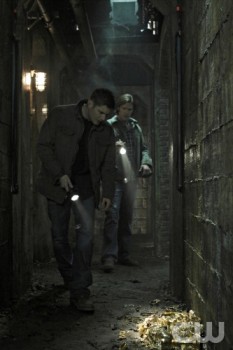 When we
When we 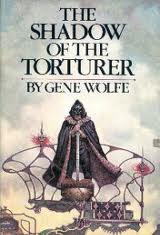
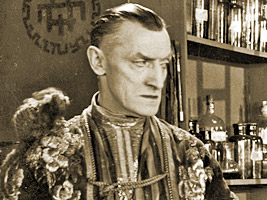
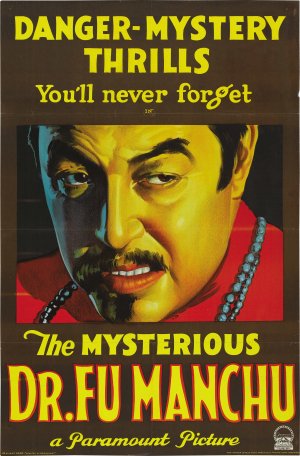

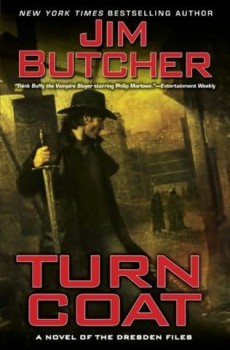 Turn Coat
Turn Coat Valhalla Rising (2009)
Valhalla Rising (2009) When a show with a large fan base – especially a large SF fan base – ends, the fans have some small amount of solace, because there’s usually a rich bounty of “extended universe” materials to keep the fix going for a while. Often the avid fan, deprived of new episodes of the show, can enjoy exploring the novels, comic books, and, yes, even role-playing game supplements which are created through license with the show … but all good things must end.
When a show with a large fan base – especially a large SF fan base – ends, the fans have some small amount of solace, because there’s usually a rich bounty of “extended universe” materials to keep the fix going for a while. Often the avid fan, deprived of new episodes of the show, can enjoy exploring the novels, comic books, and, yes, even role-playing game supplements which are created through license with the show … but all good things must end.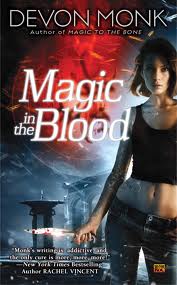 Magic in the Blood
Magic in the Blood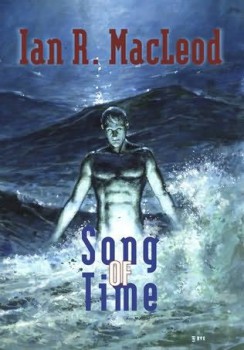 Song of Time
Song of Time